Your shopping cart is empty!
MENU
-
Eco Friendly+
- Organic +
- Fair Trade +
-
Cruelty Free+
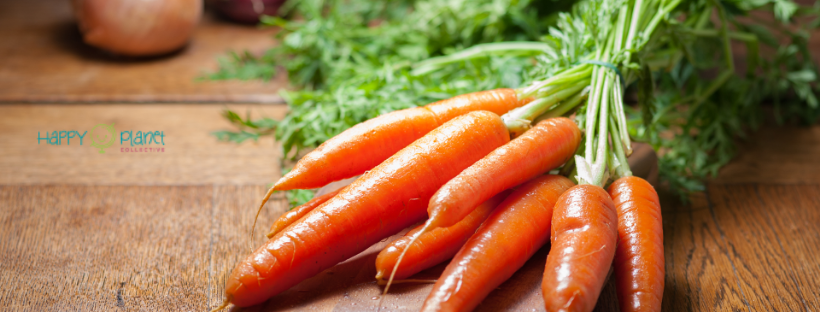
These days organic food can be found everywhere. It is not just within the domain of Whole Foods, Sprouts, Natural or Farmer’s Markets anymore. In our Information Age, consumers are becoming more educated and want healthier choices so there is a higher demand for organic food and products.
But what exactly does organic mean and what are the benefits?
The Merriam-Webster Dictionary defines Organic as:
“Relating to, yielding, or involving the use of food produced with the use of feed or fertilizer of plant or animal origin without employment of chemically formulated fertilizers, growth stimulants, antibiotics, or pesticides”.
Avoiding things like pesticides, hormones and antibiotics are strong motivators for people to choose organic over conventional food. Some claim that organic tastes better while some want to do what’s right for the planet.
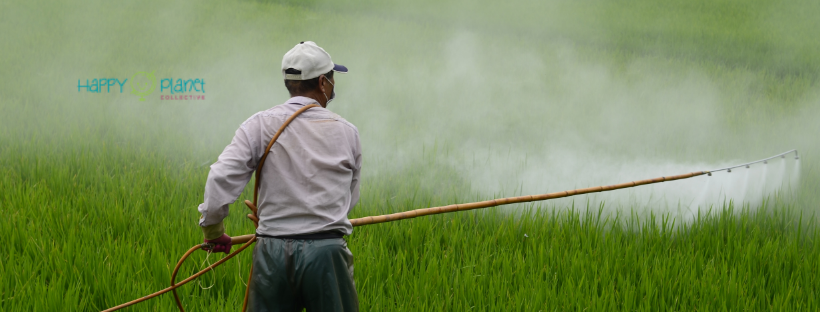
Here are a few benefits to choosing organic:
Organic farming is better for the environment (and your health) since it does not involve using any synthetic pesticides. The World Health Organization recognizes that there is a potential health risk with the use of pesticides.
https://www.who.int/news-room/q-a-detail/pesticide-residues-in-food
Excessive use of antibiotics given to livestock may cause resistant strains of bacteria called Superbugs.
This should get everyone’s attention given the serious times we live in now. Fortunately, the US Food and Drug Administration HAS recognized this concern, updating its regulations to reduce the unnecessary use of antibiotics in livestock.
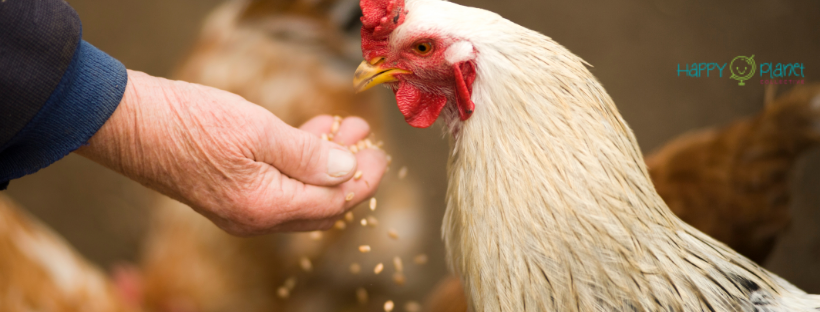
So how do you, as a consumer, know that you are buying organic?
Look at the labels!
Anything that is certified organic will have a label called ‘USDA Organic’.
The governing body for the organic certification in the Unites States is not the FDA, as it is commonly thought. The Food and Drug Administration’s main duty is to protect public health. It is the NOP – National Organic Program that regulates this.
The National Organic Program develops the rules & regulations for the production, handling, labeling, and enforcement of all USDA organic products. (USDA = United States Department of Agriculture). They have outlined strict guidelines on whether your food or products can display the USDA Organic seal.
This 2 page PDF document from NOP highlights the requirements for labeling agricultural products, multi-ingredient foods, alcohol and textiles. We recommend reading this document to get a better understanding of the terminology and rules.
https://www.ams.usda.gov/publications/content/labeling-organic-products
As per this guideline, Organic Products must meet the following requirements:
1. Produced without excluded methods (e.g., genetic engineering), ionizing radiation, or sewage sludge.
2. Produced per the National List of Allowed and Prohibited Substances (National List).
3. Overseen by a USDA National Organic Program authorized certifying agent, following all USDA organic regulations.
As stated in the guidelines:
“If you are not certified, you must not make any organic claim on the principal
display panel or use the USDA organic seal anywhere on the package. You may only, on the information panel, identify the certified organic ingredients as organic and the percentage of organic ingredients.”
As an example: “Multi-ingredient agricultural products in the “made with” category must meet these criteria: - At least 70 percent of the product must be certified organic ingredients (excluding salt and water).”
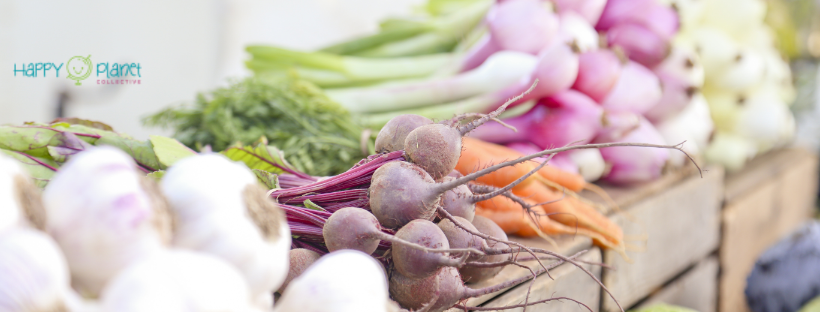
However, the some product labels can be confusing or even downright misleading.
Products with these labels may not be Certified Organic or may not even have any organic ingredients at all.
Natural/All Natural
Locally Grown
Certified Natural
Humane
Sustainable
Free Range
Cage Free
The non-profit organization FACT (Food Animal Concerns Trust) has some opinions on each of these labels and what they could mean.
https://foodanimalconcernstrust.org/food-labels
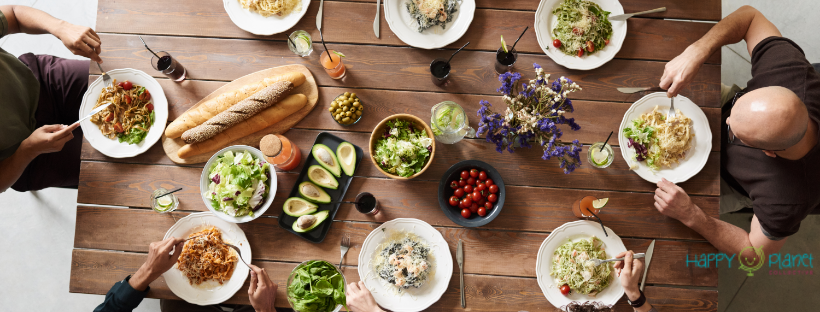
But when in doubt, it is always best to be an informed and educated consumer so you know you are making the right choice for you and your family.
Like you, here at HappyPlanetCollective.com, we believe in organic living and offer many wonderful products that are environmental friendly and make our customers feel good.
https://happyplanetcollective.com/Organic

We make Mother Earth our Number #1 priority!
Leave a Comment